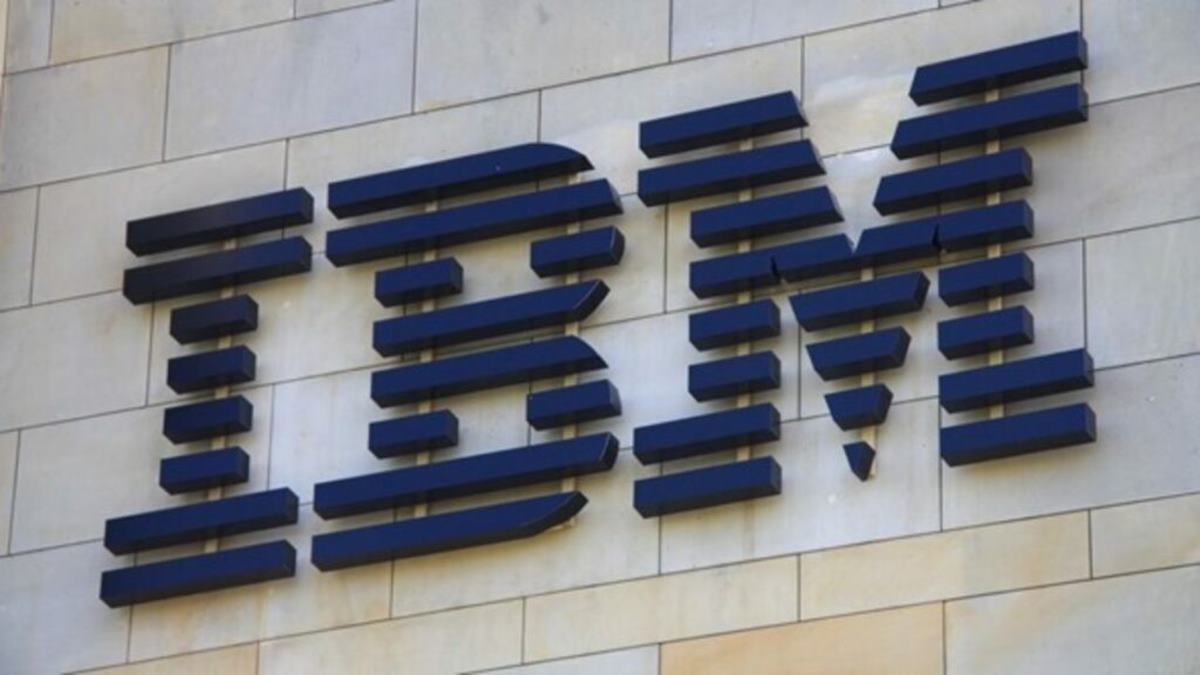Recognition has long been acknowledged as a key driver of employee engagement, motivation, and performance. Yet in the pursuit of digitalizing and streamlining workplace appreciation organizations today have inadvertently overlooked employees in roles where access to digital tools is limited due to operational, regulatory, or environmental constraints.
In sectors like manufacturing, healthcare, education, aviation, logistics, and auditing, employees often work in environments where the use of digital tools are strictly restricted. Whether due to safety regulations/protocols, confidentiality requirements, or infrastructure limitations, these conditions create barriers that prevent employees from participating in digital recognition programs. As a result, the very employees who perform essential, hands-on roles often receive the least visibility and appreciation.
Addressing this imbalance requires more than just incremental digital enhancements, it demands a strategic shift in how we approach recognition. Rather than focusing solely on digital convenience alone, organizations must prioritize accessibility and equity in their recognition efforts. A phygital approach, which combines the reach of digital platforms with the tangibility of physical experiences can help bridge this divide. It ensures that recognition is not limited by role, location, or device access.
We believe every employee should feel seen, valued and appreciated, whether they work in an office environment, or in the field. That’s why we advocate for recognition strategies that are inclusive by design, not by exception. Now, let’s explore why a phygital approach to recognition matters the most, especially in industries where digital methods fall short and how organizations can bridge the gap.
The Concept of Phygital Recognition
The concept of ‘phygital’, a seamless integration of physical and digital approach together offers a powerful solution to bridge recognition gaps. By combining the emotional weight of tangible recognition with the scalability of digital systems, a phygital approach ensures that appreciation transcends both physical and technological limitations.
Imagine a warehouse employee receiving a physical recognition card that includes a personalized message and a scannable QR code. That one gesture connects the employee not just to a reward, but to a formal record of appreciation that can be accessed later when they have the time and tools. These phygital cards can carry both monetary and non-monetary rewards, including experience-based incentives that align with individual preferences and motivations. The moment is immediate, visible, and lasting. It reinforces their value in real time and within the context of their work environment.
What Sets Phygital Apart?
What truly differentiates phygital recognition is its ability to create a deeper emotional connection between employees and the organization. In roles where visibility and consistent feedback are often lacking, receiving a tangible token of appreciation—something that can be held and revisit, serves as a powerful affirmation of value. This emotional bond isn’t just good for morale, but it also has tangible business outcomes.
Employees who feel genuinely recognized are more likely to be engaged, productive, and loyal. In fact, Gallup’s research shows that recognition not only boosts individual engagement but also increases productivity and loyalty to the company, leading to higher retention. Similarly, a report by the global job site Indeed revealed that over 63% of Indian employees value acknowledgment from leadership, indicating its crucial role in boosting morale. Additionally, 62% reported feeling happier when their efforts are appreciated by their team. These emotional reinforcements have a compounding effect creating a culture where appreciation becomes habitual rather than occasional.
Reaching the Unseen, Empowering the Unheard
Frontline and blue-collar workers are too often left out of traditional recognition ecosystems. Many rely on verbal praise, fleeting moments that carry little lasting impact. Others work in environments where recognition is inconsistent or absent entirely. A phygital model formalizes those moments. It gives employees a tangible token they can keep, display, and feel proud of, while also connecting them to digital rewards, peer appreciation, or even career documentation.
Gallup data further underscores this impact: employees who receive high-quality recognition are 45% less likely to leave their organization within two years. This makes clear that recognition, when done right, can be a cornerstone of employee retention. It helps create a culture of visibility and inclusion where every worker, regardless of role or location, can feel seen and valued.
Inclusion as a Cultural Imperative
Inclusion isn’t only about representation, it’s also about experience. When employees are excluded from recognition due to their work setting, it sends an implicit message about whose contributions matter most. Over time, this erodes trust, belonging, and morale. Adopting an inclusive recognition strategy means designing systems that reflect the diversity of the workforce. Phygital recognition respects varying levels of digital access, literacy, and workplace norms. It can be localized, customized, and aligned with core values, helping organizations create deeper cultural alignment across departments and geographies.
Building an Equitable Future of Work
As industries become more interconnected and workplaces more diverse, the systems we build must reflect that reality. Recognition cannot be confined to the office or the screen. It must be designed to travel across factory floors, healthcare corridors, construction sites, and rural field locations. From C-suite leaders to shift workers, from desktop dashboards to no-phone zones, every individual deserves to be acknowledged in ways that resonate with their unique work context.
That’s why an inclusive, phygital recognition approach isn’t just a technological innovation, but it’s a cultural necessity.
Rethinking recognition through a phygital approach isn’t just about better tools, it’s about better intent. It’s about acknowledging that every employee, regardless of role or location, deserves to be appreciated and celebrated in ways that are authentic to their experience.
When recognition is meaningful, it cultivates a culture of belonging, engagement, and motivation. This culture has become a catalyst for improved productivity, higher retention rates, and, ultimately, business success. When employees feel truly valued and acknowledged, they are more likely to invest their full potential, contributing to an organization that is more connected, resilient, and successful in the long term.




















